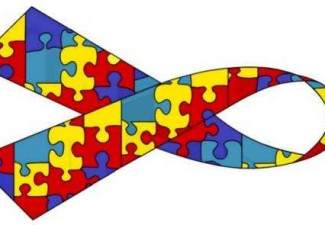
Autism is a condition that is relatively new with regards to the number of years that people in the medical research world have spent studying it. In recent years, the rate of autism has done nothing short of explode in the United States, as these days one out of every 88 children is ultimately diagnosed with an autism spectrum disorder. This has gotten the attention of everyone both inside and outside of the medical world and it’s prompted many studies that are intended to find some much-needed answers with regards to diagnosing and treating this condition.
The same could be said about Attention Deficit Hyperactivity Disorder, or ADHD. As recently as two generations ago, ADHD was an unknown condition, but millions of children in the United States have been diagnosed with it over the past 20 years. Unlike autism, there are medications that help to control many of the symptoms of ADHD, but there are still many questions that need to be answered in order to ultimately win the fight against this growing health problem among young people. It appears, based on a recent study, that one answer regarding ADHD could involve its potential link with autism.
Researchers at the Center for Autism and Related Disorders at the Kennedy Krieger Institute recently completed a long-term study of 162 children who were tracked beginning when they were toddlers. When those children were between the ages of 4 and 8, a total of 63 of them were diagnosed with some form of autism. What the researchers also found was that of those 63 children, 18 of them also experienced strong symptoms of ADHD. That represents 29 percent of the autistic children in the study and this finding was met with surprise.
Perhaps the most surprising aspect of this study was that the children who had been diagnosed with both conditions also suffered from the most severe limitations and developmental delays. Those with ADHD and autism were generally faced with more difficult medical situations than the children who only had autism, and the study was also met with surprise because none of these conditions were known when these 162 children were chosen for the study. Therefore, the researchers believe that this body of data could be relatively indicative of the rest of the population.
However, given the small sample size, those who completed the study were cautious in avoiding the temptation to overstate their conclusions. Instead, they called for additional studies to see how these two conditions may be tied together somehow and whether treatment of one or both tends to help the children overall. In short, this could prove to be a very important finding, but it’s one that will have to be tested further before this progress can be measured.
We have been representing families of autistic children as New York medical malpractice lawyers for 42 years, and we have seen how difficult this can be on families. If your child has been diagnosed with autism and you believe it was the result of a medical mistake, contact The Fitzgerald Law Firm today to schedule a free initial consultation.

